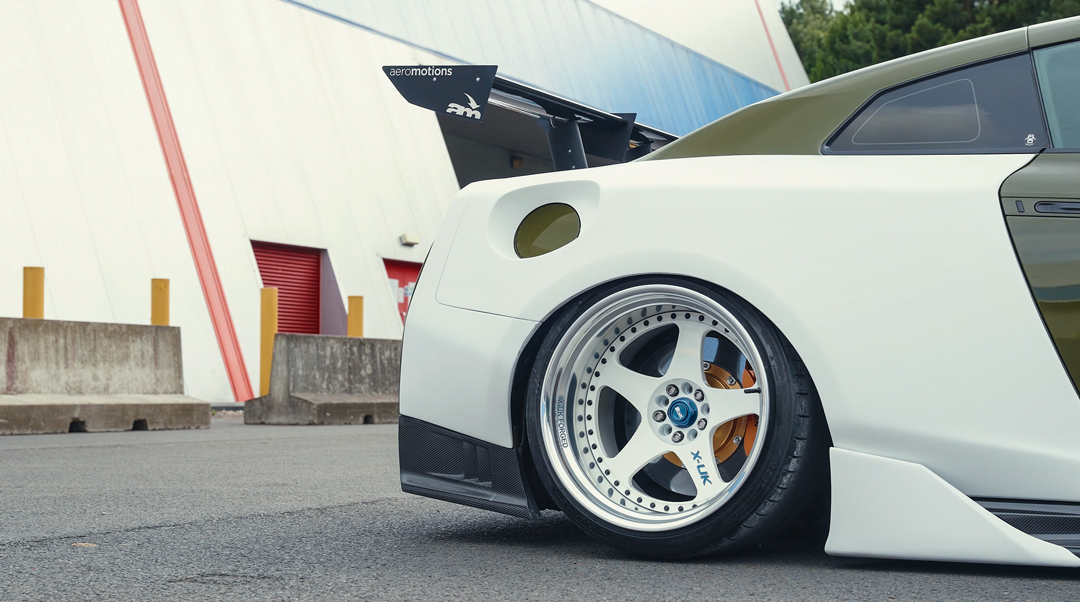No products in the cart.
Blog
The ultimate guide from XUK LTD to choosing alloy wheels or forged wheels for your performance car
Benefits of using alloy wheels
Alloy wheels are popular among car enthusiasts for several reasons. Here are the benefits of using alloy wheels on your performance car:
- Alloy wheels are lightweight, which can improve your car’s acceleration and overall handling.
- They have better heat conduction properties compared to steel wheels, which can help in reducing the risk of brake failure during intense driving.
- Alloy wheels are known for their stylish appearance, enhancing the overall look of your performance car.
- These wheels require less maintenance compared to steel wheels, making them a convenient choice for car owners looking for both performance and aesthetics.
Factors to consider before choosing alloy wheels
Alloy rims can greatly impact your car’s performance and appearance. Here are some key factors to keep in mind before deciding on alloy rims for your vehicle:
- Size of the wheels: Ensure the size of the alloy wheels matches your car’s specifications.
- Weight of the wheels: Lighter wheels can improve handling and acceleration.
- Material of the wheels: Opt for high-quality materials like aluminum for better durability.
- Design of the wheels: Choose a design that complements your car’s overall look.
- Cost and budget: Consider how much you are willing to spend on alloy wheels.
Understanding alloy wheel construction
Alloy wheels are made from a mix of metals to enhance strength and reduce weight. Aluminum is a common choice due to its lightness and durability. Some wheels are made using a process called casting, where molten metal is poured into a mold to form the wheel shape. On the other hand, forged wheels are created by applying high pressure to shape solid pieces of metal. Forged wheels are known for their strength, making them a popular choice for performance cars.
Types of alloy wheels for performance cars
Alloy rims for performance cars come in various types, each offering unique features to enhance your car’s performance. Here are some common types you might consider:
- Forged Alloy Wheels: Known for their strength and durability, forged wheels are created from a solid piece of alloy, making them lighter and more resistant to impacts.
- Cast Alloy Wheels: These wheels are made by pouring molten metal into a mold, resulting in a more affordable option. Cast wheels come in a wide range of designs and are suitable for everyday driving.
- Flow Formed Alloy Wheels: Combining the strength of forged wheels with the cost-effectiveness of cast wheels, flow formed wheels are lighter than cast wheels and offer improved performance.
Choosing the right type of alloy wheels can significantly impact your car’s performance and aesthetics.
Selecting the right size and width of alloy wheels
When choosing alloy wheels for your performance car, it’s crucial to select the right size and width. Here are a few pointers to keep in mind: Make sure the wheels you choose are the correct size for your vehicle to ensure proper fit and function. Consider the width of the wheels as wider wheels can provide better grip and handling. Consulting with a professional can help you determine the optimal size and width for your specific car model.
Importance of offset and backspacing
Offset and backspacing are crucial factors to consider when selecting alloy wheels for your performance car. They determine how the wheels will sit in relation to the fender and suspension components. Offset influences how far in or out the wheel will sit, affecting the handling and appearance of your car. Backspacing determines how far the wheel will sit inwards towards the car’s suspension. Getting the right offset and backspacing ensures proper wheel fitment, prevents rubbing against suspension components, and enhances the overall performance and aesthetics of your vehicle.
Finishes and styles available for alloy wheels
Alloy wheels come in various finishes and styles to suit different preferences and aesthetics. Some common finishes include polished, chromed, painted, and powder-coated. Each finish offers a unique look and durability. When it comes to styles, you can choose from classic, sporty, modern, or racing-inspired designs. Consider your car’s overall look and your personal style when selecting the perfect alloy wheel finish and style for your performance vehicle.
Maintenance tips for alloy wheels
To keep your alloy wheels in top condition, it’s crucial to clean them regularly. Use a mild soap and water solution or a specific wheel cleaner. Avoid harsh chemicals that could damage the finish. Inspect your wheels for any signs of damage or corrosion. If you notice any issues, address them promptly to prevent further damage. Additionally, make sure to check your tire pressure regularly and keep your wheels properly inflated. This simple step can help prevent unnecessary wear and tear on your alloy wheels.
Pricing range for alloy wheels
Alloy wheels come in a wide range of prices, depending on various factors. On average, alloy wheels can cost anywhere from £150 to £500 per wheel. Keep in mind that premium brands or specialized designs may push the price higher. It’s important to consider your budget and desired level of performance when choosing alloy wheels for your car.
Summary: Making the best choice for your performance car
Alloy wheels are a popular choice for performance car enthusiasts due to their lightweight and durable nature. When selecting alloy wheels for your performance car, consider factors like size, design, and material. The right wheels can enhance your car’s performance, handling, and overall aesthetic. Choose alloy wheels that match your car’s style and desired performance to make the best investment for your vehicle.


